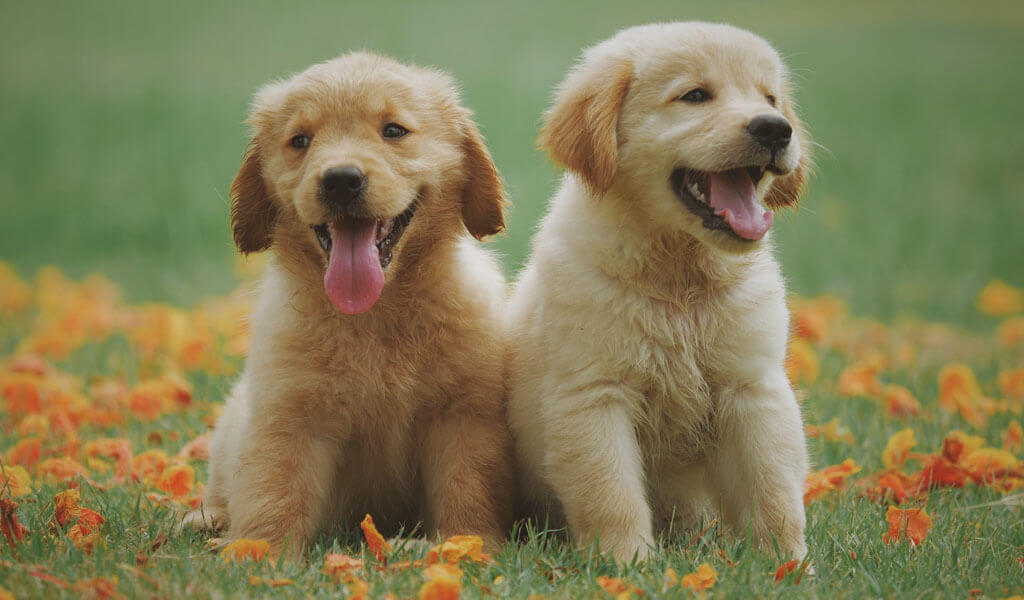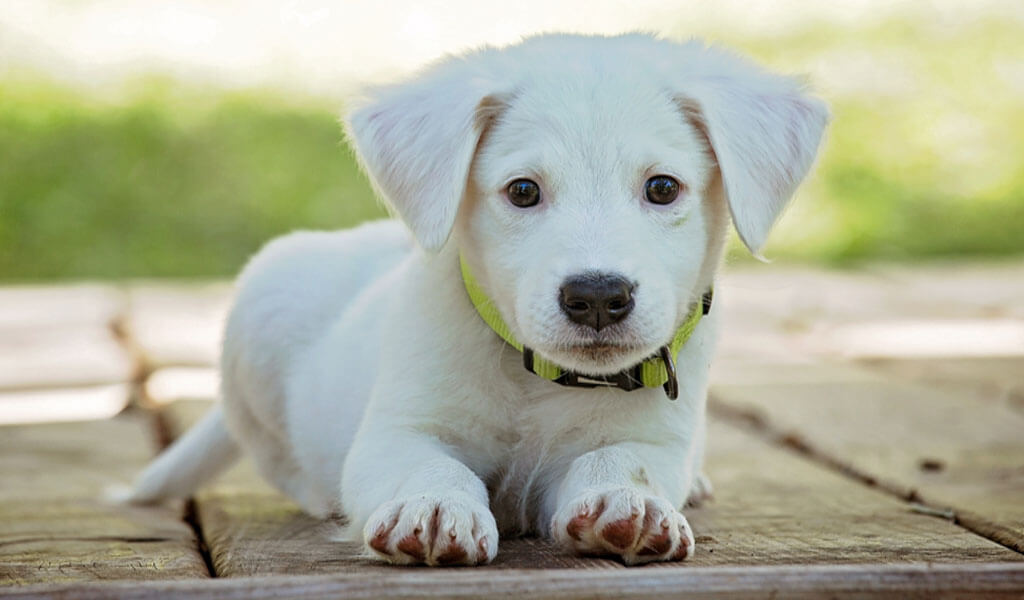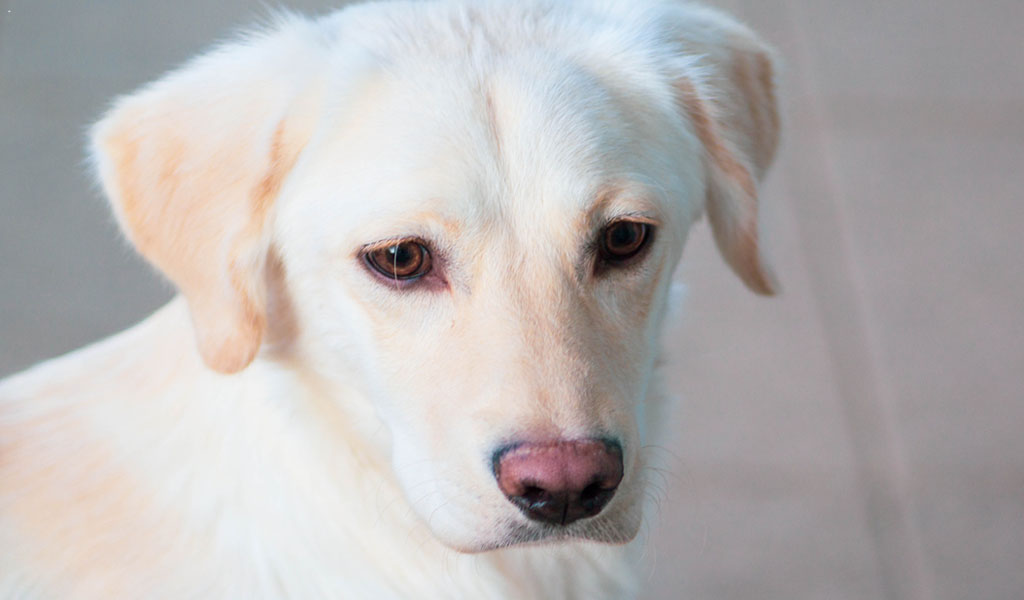The Lab puppies are friendly, active, and tall companions with a lot of devotion for a family searching for an intermediate dog. The most popular dog breed in the United States is the Labrador retriever.
Lab dog breed is Newfoundland’s traditional waterdog, historically used as a duck retriever and fisherman’s partner. In the early 1800s, the breed began its slow rise to ultimate popularity.
The Labrador retriever dog is a relatively quick developing breed, attaining full height between six and twelve months of age and might developing out up to two years of age. Many Labs live to be 12 to 14 years old.
Highlights
- Health & Care
- Grooming
- Exercise
- Training
- Nutrition
- Feeding
- Signs of Illness in Puppies
- Puppy Vaccinations
- image
Health & Care
This Lab puppy is excellent companions, but they do require some effort to properly care for. Before you even carry puppy home, you must gather the essential equipment.
The Lab puppies are susceptible to the same bacterial and viral illnesses that other dogs are, such as parvo, rabies and distemper. Vaccination can help avoid many of these illnesses.
Care
Some people find that caring a dog from birth to age is as enjoyable as raising a kid. You’ll catch every quirk or mischievous expression long before they run into the bathroom and shred the toilet paper. Puppies, as funny and lovely as they are, require the same level of care as a newborn human.
You’ll need to have specific areas for dog to go pee and puppy-proof home. This includes securing anything kids could get into that could injure them. Prepare a strategy for training and keeping them healthy.
Grooming
Begin grooming lab puppy as soon as possible. Check local pet store for puppies grooming items and the best dog soap to maintain its coat healthy and offer you’re a nice puppy bathing experience. You would give lab puppy a high-quality dry dog food diet. The lab puppy can adapt to a variety of weather and climate conditions.
While you do not need to bathe Labrador regularly, brush their fur on a regular basis. Because their double coat, provides so much protection. As a regular, clean the outside of puppy ears once each week and inspect the inside of ear to see whether you need clean the interior.
Most labs will require nail trimming every two months. Look for signs such as a cracking sound while walking on hard floors or sharp ends that indicate they need to be cut. However, they must be examined regularly to ensure that they are not becoming excessively long. Brush dog’s teeth at least once a day since dog is susceptible to the same dental diseases as humans.
Exercise
To determine how much exercise dog need, consider their age first. This guideline indicates that until Labrador puppy is fully grown, you should take him or her out for at least 5 – 7 minutes of exercise every month of age up to twice a day.
This might range from a simple stroll around the house to a run at the dog park. The age of dog will affect their energy. A 12-month-old dog needs at least an hour and a half of daily activity. Lab puppies above the age of four require one to two hours of exercise daily.
Playing fetch is a great way to bond for lab puppy and a great way for them to exercise Lab puppy agility training is a fun activity for pups. It is necessary to prepare dog with an agility training course. Agility training is ideal for completing a total-body, planned workout while also stimulating Labrador’s mind.
Training
Lab Puppies, like human kids, learn a lot in their first few months. Before you even begin training a puppy, it is critical to focus on puppy mental health.
Barkley says take pups outdoors first thing in the morning and then each half hour, using treats as tricks to keep them active. Intensive activities, like as running or more advanced training classes etc. should be required done at this time.
Follow the lab puppy training steps as below:
- Learning to Swim
- Stairs climbing
- Obedience training classes
- Educate lab puppy
Nutrition
Starting lab puppy on a high-quality, nutritional meal will benefit his health in the long term. Because puppies have different nutritional needs than adult dogs, you should always feed them special dry food.
Consider the breed and the size of puppy, as little breeds mature sooner than huge dogs. In addition, not getting enough protein sources might lead to health issues in large breed puppies later on.
Treats are frequently used throughout the puppy stages of a dog’s life and are an important training tool, but they are also part of pup’s nutrition. It’s is advisable to choose foods such as baby carrots, broccoli, and apple slices, which are a healthy option that will not cause weight gain.
Feeding
Puppies require specific food that matches their energy needs. for their pets Even an experienced breeder will to achieve the proper nutritional balance. It is ideal to start puppy eating prepared foods from the start. Proper diet helps the puppy to realize his full genetic potential, while overeating can lead to bone deformities.
The Lab Puppies are typically weaned from their mother’s milk to substantial meals between the ages of three and four weeks. Begin feeding food in little quantities three or four times each day.
A typical puppy feeding routine might be as follows.
- Age 6-16 weeks: 3-4 meals per day
- Age 3-6 months: 2-3 meals per day
- Age 6-12 months: 2 meals per day
Signs of Illness in Lab Puppies
Young pups are vulnerable to infections and disorders that can be fatal, the majority of which are completely avoidable. This is why puppy vaccines are critical. Puppy immunizations, however, will not prevent all infections but the key to preventing disease is to keep a close eye on puppy’s behavior for signs of illness.
If you see any of the following signs in puppy, call nears Veterinarian.
-
- Poor weight
- Lack of appetite
- Vomiting
- Pain or swollen abdomen
- Lethargy (tiredness)
- Diarrhea
- Difficulty breathing
- Coughing or struggling to breathe
- Pale gums
- Swollen, red eyes or eye discharge
- Nasal discharge
- Inability to pass urine or stool
Puppy Vaccinations
Puppy vaccines should be given every 3-4 weeks until the puppy is 16 weeks old, and booster doses should be given through and veterinarian may assist you in determining which puppy vaccinations are appropriate for canine. The Puppy vaccines are an important component of care, and puppy deserves opportunity to be healthy and happy for the rest of their life.
A general puppy vaccinations schedule:
- 6-7 weeks: DHPP, Bordetella
- 9-10 weeks: DHPP, Bordetella, Leptospirosis
- 12-13 weeks: DHPP, Leptospirosis, Canine Influenza, Lyme Disease
- 15-17 weeks: DHPP, Rabies, Canine Influenza, Lyme Disease
ALSO READ: Most Glorious Images of Labrador
ALSO READ: Labrador Retriever Dog Breed
Image



